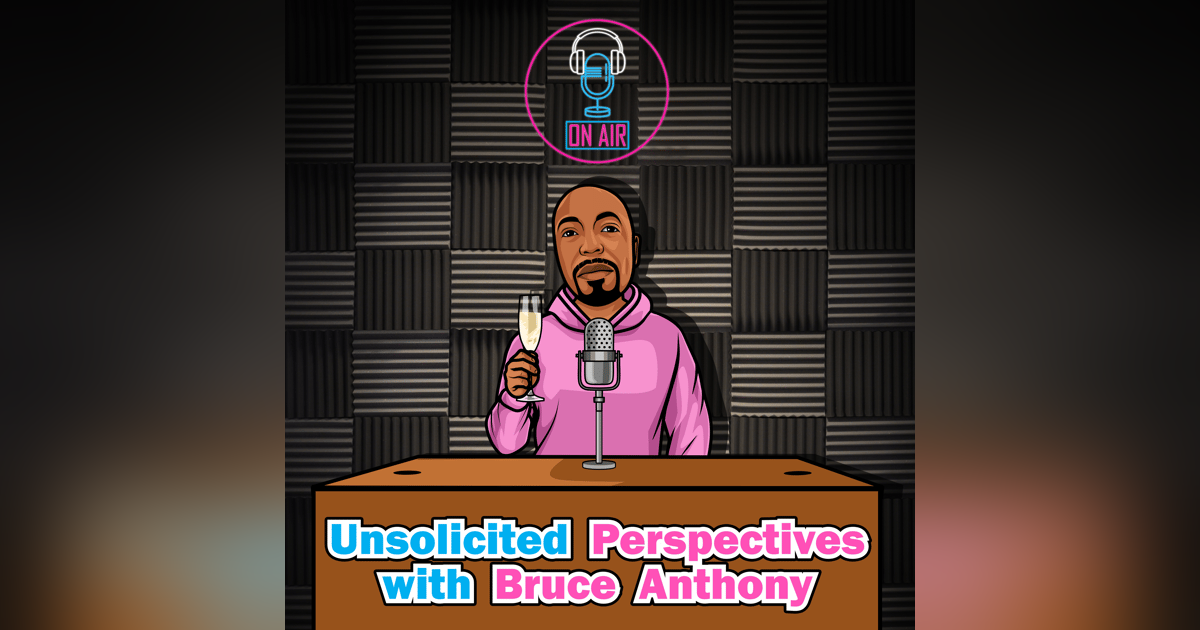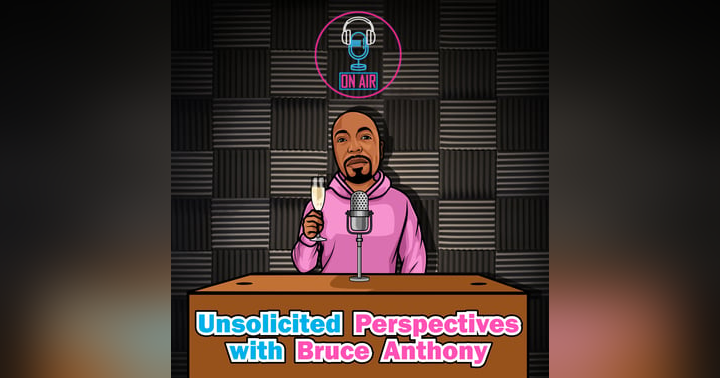The Distortion of History: The Danger of Rewriting the Past

Introduction
In today's society, the importance of understanding and acknowledging history cannot be overstated. History shapes our present and future, providing us with valuable lessons and insights into the human experience. However, there is a growing concern that certain narratives are being distorted or erased altogether, particularly when it comes to marginalized communities. This article will delve into the recent controversies surrounding the teaching of African-American history in Florida and the censorship of a teacher's lesson on racial inequality in South Carolina. By examining these cases, we can shed light on the dangers of rewriting history and the implications it has on our understanding of the past and our ability to create a more inclusive and equitable future.
The Distortion of African-American History in Florida
The Florida Board of Education recently approved new standards for teaching African-American history in schools. While this may seem like a positive step towards a more comprehensive curriculum, the content of these standards has sparked outrage and concern among educators, activists, and the general public. One of the most controversial aspects of the new standards is the requirement for teachers to instruct that enslaved people developed skills that could be applied for their personal benefit.
Bruce Anthony, a speaker in a recent discussion, emphasizes the importance of telling the truth about history, stating, "Don't tell the truth about your history. You're lying to the future plain and simple. You don't tell the truth about your history, you're lying to your future." He highlights the danger of distorting history and the impact it can have on future generations.
This revisionist approach to teaching African-American history is deeply problematic for several reasons. First and foremost, it perpetuates a false narrative that suggests that slavery was not entirely detrimental to the enslaved individuals. Bruce Anthony further explains, "Because they think of themselves as children... these kids nowadays question everything." He acknowledges the intelligence and critical thinking skills of today's youth, emphasizing that they are capable of questioning and challenging the narratives presented to them.
Furthermore, this revisionist approach ignores the long-lasting effects of slavery and systemic racism on African-Americans and society as a whole. It fails to address the ongoing racial disparities and inequalities that persist today. By erasing the true history of slavery and its impact, we are denying future generations the opportunity to learn from the mistakes of the past and work towards a more just and equitable society.
The backlash against these new standards has been significant, with many educators and activists calling for a more accurate and inclusive curriculum. They argue that teaching the true history of slavery and its legacy is essential for fostering empathy, understanding, and a commitment to social justice. Bruce Anthony highlights the importance of teaching uncomfortable truths, stating, "Teaching history should not be about making people feel guilty or ashamed; it should be about fostering empathy, understanding, and a commitment to social justice."
The Suppression of Critical Thinking in South Carolina
In South Carolina, a high school teacher faced backlash and had her lesson on Ta-Nehisi Coates' book "Between the World and Me" halted by the school district. The lesson, which was part of an advanced English course, aimed to explore themes of race, identity, and history. However, school officials expressed concern that the lesson could violate a South Carolina budget rule banning teachings that label anyone as consciously or unconsciously racist based on their race and causing discomfort, guilt, and anguish based on race.
Bruce Anthony highlights the importance of critical thinking and open discussions on race and racism, stating, "By preventing students from engaging with challenging and thought-provoking material, we are denying them the opportunity to develop empathy, critical thinking skills, and a deeper understanding of the world around them." He criticizes the decision to halt the lesson and the rule itself, stating that it reflects a broader trend of suppressing critical thinking and silencing discussions on race and racism.
The book "Between the World and Me" is a powerful memoir that explores Coates' experiences as a Black man in America and addresses issues of systemic racism and violence. By banning the lesson on this book, the school district is effectively censoring important voices and perspectives that are crucial for fostering a more inclusive and equitable society.
The Importance of Teaching Uncomfortable Truths
The controversies in Florida and South Carolina highlight the urgent need for a more comprehensive and accurate teaching of history. It is essential to teach uncomfortable truths and confront the dark chapters of our past if we are to move forward as a society. Bruce Anthony emphasizes the importance of teaching history that fosters empathy, understanding, and a commitment to social justice, stating, "By providing students with a comprehensive and accurate understanding of the past, we can equip them with the knowledge and tools to challenge injustice and work towards a more inclusive society."
Teaching history should not be about blind obedience or avoiding discomfort. It should be about empowering students to think critically, question the narratives presented to them, and develop a deeper understanding of the complexities of the human experience. By whitewashing history and presenting a distorted narrative, we are perpetuating harmful stereotypes, erasing the experiences of marginalized communities, and hindering progress towards a more just and equitable future.
Conclusion: The Future of History Education
The distortion and erasure of history have far-reaching consequences. When we rewrite history to fit a particular narrative or agenda, we deny future generations the opportunity to learn from the mistakes of the past and perpetuate harmful stereotypes and biases. It is crucial that we resist attempts to whitewash history and instead advocate for a more comprehensive and accurate curriculum.
Bruce Anthony emphasizes the importance of teaching history that fosters critical thinking, empathy, and a commitment to social justice. He states, "By teaching uncomfortable truths, acknowledging the systemic injustices of the past, and amplifying marginalized voices, we can create a more inclusive and equitable education system." It is our responsibility to ensure that future generations are equipped with the knowledge and understanding to challenge injustice and work towards a better future for all. Only by confronting the uncomfortable realities of our history can we hope to build a more just and equitable society.
In conclusion, the distortion of history and the suppression of critical thinking pose significant threats to our understanding of the past and our ability to create a more inclusive and equitable future. It is essential that we prioritize teaching accurate and comprehensive history, fostering empathy, critical thinking, and a commitment to social justice. By doing so, we can equip future generations with the tools they need to challenge injustice and build a better world.

















